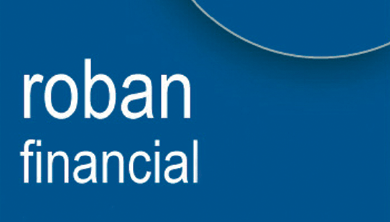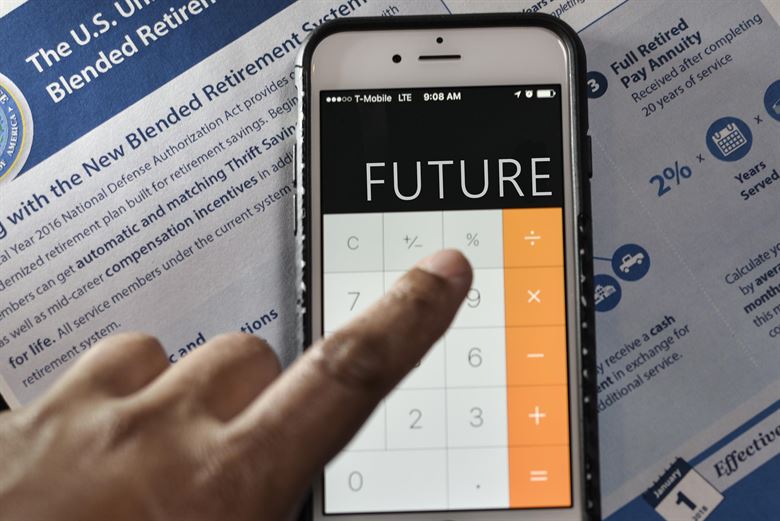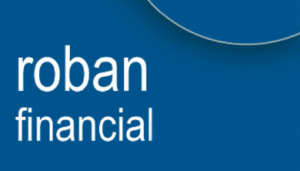Empowering individuals to take control of their finances is essential. However, managing investments on your own might not always be the best approach. While it might seem like a straightforward task, akin to assembling a piece of furniture, the intricacies involved in investing your hard earned cash can be quite challenging. Here’s a deep dive into why you might want to reconsider going the DIY route and perhaps lean towards online financial advice.
What Exactly is DIY Investing?
DIY investing refers to the process where individuals select and oversee their own set of investments, typically in shares. The idea is akin to building your own furniture – theoretically, by cutting out the middleman, you save money. However, the reality is often more complex. Let’s explore why.
The Importance of Timing
One common pitfall for DIY investors is poor timing. There’s data suggesting that many DIY investors jump onto stocks after they’ve shown impressive recent performance, only to discover they’ve bought at peak value.
This often means missing out on significant growth periods.
Moreover, DIY investors tend to sell too hastily during market downturns. In contrast, institutional investors usually hold on, weathering the storm, and often reaping the benefits of the subsequent market recovery. Being emotionally attached to your investments can sometimes cloud judgment.
The Challenge of Diversification
Achieving a diversified investment portfolio as a DIY investor can be challenging.Professional portfolios usually consist of anywhere from 20 to hundreds of different investments. This spread across various asset types, regions, and industries helps mitigate risks by avoiding overexposure to any single entity or sector.Replicating such diversification on your own can be a daunting task.
Portfolio Management: More Than a Side Hustle
Even if you manage to diversify your investments, the day-to-day management can be time-consuming. Questions arise: Has the risk level of your portfolio remained consistent? Is it time to rebalance your assets to maintain the desired proportions?
Are You Really Saving Money?
When you factor in the value of your time, the supposed cost savings from DIY investing might evaporate. Research from the UK indicates that DIY investors typically underperform the market by around 1.2% annually. This difference is substantial enough to cover the fees of a financial advisor and then some.
Furthermore, as an individual investor, you might face higher transaction costs. Additionally, there are taxes like stamp duty on direct share holdings (1% for Irish shares and 0.5% for UK shares) and capital gains tax every time you adjust your portfolio.
Question from Ian, Co Waterford:
I have money in investment funds but I’ve been considering DIY investing using new tech brokerage platforms. However, with recent recession warnings, I’m having second thoughts. Should I hold off starting my own portfolio until the economic situation becomes clearer?
Answer: Firstly, Ian, kudos to you for having savings and actively investing them. Many Irish savers remain hesitant about investing, especially with the current inflation rate exceeding 7%. When it comes to market investments, it’s always better to have some skin in the game rather than none. However, timing the market accurately is a challenging endeavor. Instead of focusing solely on the current economic climate, it’s essential to view this potential new investment portfolio within the broader context of your financial goals.
Here are some critical questions to ponder:
- Understanding Your Goals: What rate of return are you aiming for? If you’re targeting an 8% annual return, investing in lower-risk corporate bonds might not be the best fit.
- Commitment to Research: Are you ready to invest time and effort into thorough research? DIY investing means evaluating each potential investment on its own merits, and it’s crucial to remain objective, avoiding emotional or cognitive biases.
- Tax Implications: Are you equipped to handle your own income and CGT (capital gains tax) returns annually? Many online platforms might not offer comprehensive tax information.
- Portfolio Compatibility: Will this new portfolio complement your existing investments? It’s essential to ensure both portfolios align with your overall financial strategy.
- Considering Pensions: Investment funds in Ireland are subject to significant taxes. Direct DIY investments also come with their own set of tax implications. Often, a pension can be a more tax-efficient long-term investment option, allowing the power of compounding to take effect.
The Challenge of Outperforming the Market
In the world of investing, consistently outperforming a basic global equity index fund is a tall order. Numerous studies, including those by DALBAR and resources available in Vanguard’s investor education section, highlight the challenges DIY investors face in achieving returns that surpass the benchmark. It’s always wise to be well-informed and consider professional insights when charting your investment journey.
A Collaborative Approach to Investing
While there are risks associated with DIY investing, it’s crucial for individuals to remain in control of their finances. The ideal approach is to understand your investment goals, risk tolerance, and timeline.
By collaborating with professionals, you can leverage their expertise while still being in the driver’s seat. This approach offers the benefits of expert portfolio management, diversification, robust risk management, and competitive pricing. Think of it as a partnership in investment, rather than a solo venture.
By investing €400 a month you could save €27,900 in 5 years. If you’re looking to navigate the complexities of investing and want a trusted partner by your side, don’t go it alone. Roban Financial is here to guide you every step of the way. With our expertise and your goals in mind, together we can craft a strategy that’s right for you.
Note: Past performance is not a reliable guide to future performance. The value of your investments can go down as well as up and you may lose some or all of the money you invest. Investments denominated in a currency other than your base currency may be affected by changes in currency exchange rates.


